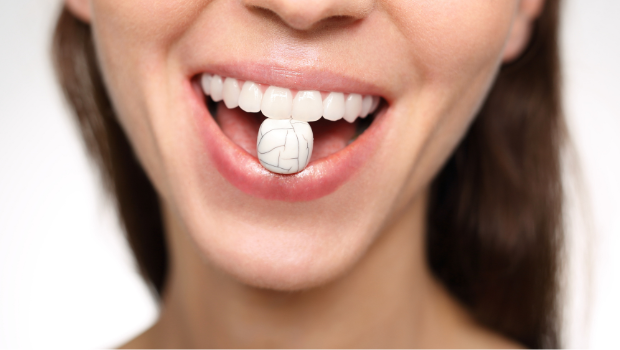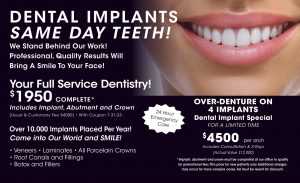Keeping Tooth Enamel Intact Without Fluoride
Each tooth is a living organ. We just see the enamel which protects the living tissues inside. Enamel is the hardest tissue in the human body. It is also irreplaceable. If any of it is damaged by decay, excessive wear from habitual clenching and grinding or the effect of acids from a heavy soda habit, we can’t grow new enamel. Once our teeth have developed, we no longer have the specialized cells needed to do so. Damaged enamel means sensitive teeth and easier access for harmful bacteria to get to the more delicate living tissues within.
Our teeth have defense mechanisms, but they need our support. Eating right is where it starts. Underneath the enamel of a tooth is a softer layer of tissue called dentin that consists of miles of microscopic tubules through which fluid flows, delivering nutrients from the pulp chamber to the dentin that surrounds it. Normally, it flows in an outward direction, which also helps repel pathogens. But under certain circumstances, most notably, high sugar intake, the flow can stagnate or even reverse, drawing pathogens into the tooth. By limiting sugars, we not only keep this from happening, but maintain more favorable alkaline conditions in the mouth.
A healthful, nutrient-dense diet is also key for providing minerals that saliva continually delivers to the enamel, naturally remineralizing it. Calcium, magnesium and phosphorus are especially important, along with the fat-soluble vitamins A, D, E and K, which help with calcium absorption and transport.
Fluoride doesn’t occur naturally in tooth enamel, and too much can actually damage it, causing discoloring and pitting; a condition called dental fluorosis. Calcium and phosphorus, on the other hand, make up the bulk of natural tooth enamel in a combined form called hydroxyapatite. (This same mineral compound is dominant in bones). While the ideal is to get all the nutrients we need through healthy eating, many of us can use some extra help. Research has shown that hydroxyapatite toothpaste is just as or even more effective than fluoride toothpaste in preventing demineralization, reducing tooth sensitivity and treating early decay.
Not all toothpastes advertised as “remineralizing” contain hydroxyapatite. So make sure to check ingredient lists carefully. Look for the presence of hydroxyapatite and the absence of fluoride (not to mention sodium lauryl sulfate, artificial colors and flavors or other sketchy ingredients).
Dr. Vladimir Gashinsky from Holistic Dental Center provides biological dentistry with surgical expertise in a friendly, home-like environment. For appointments and more information, call 973-457-4244 or visit HolisticDentalCenterNJ.com.





























